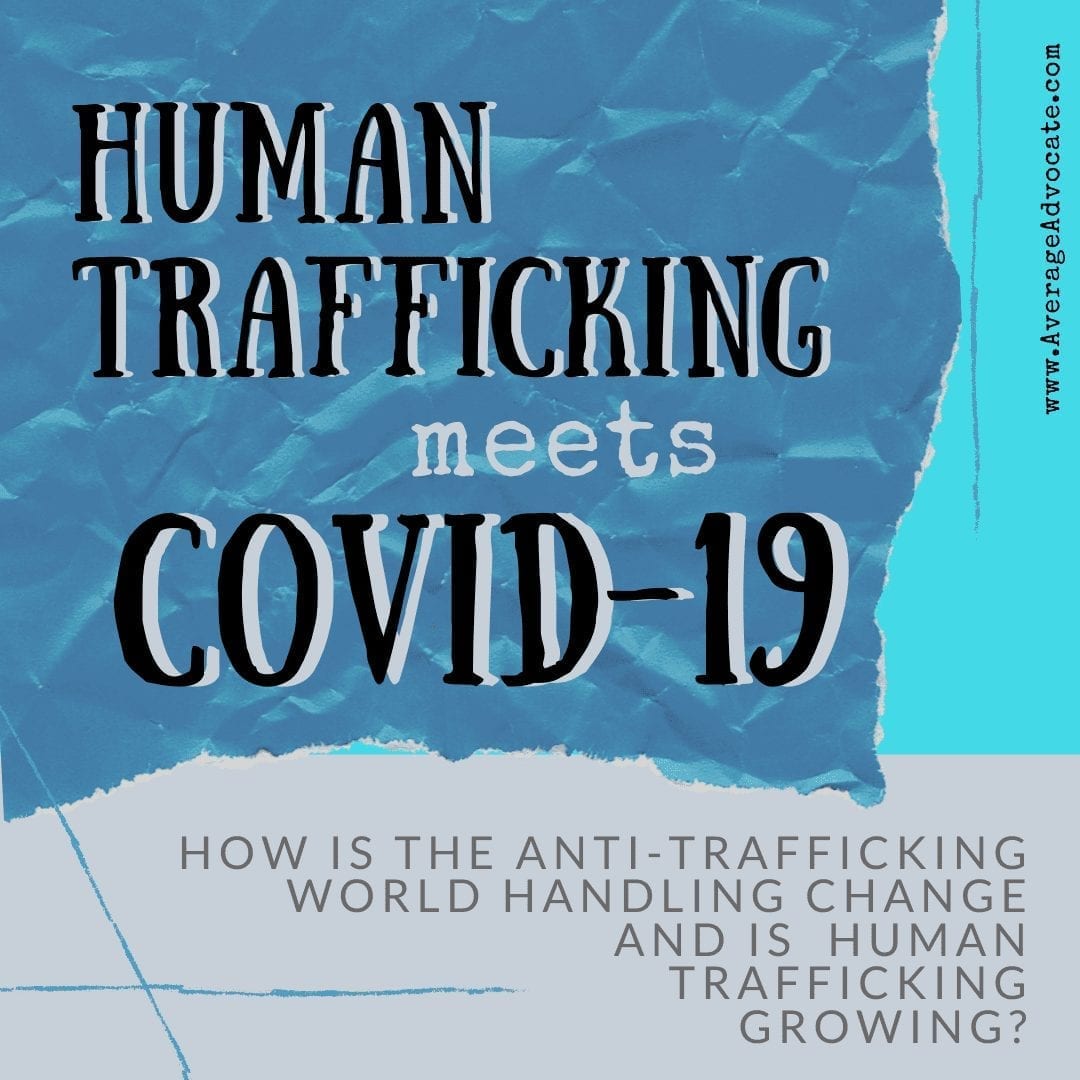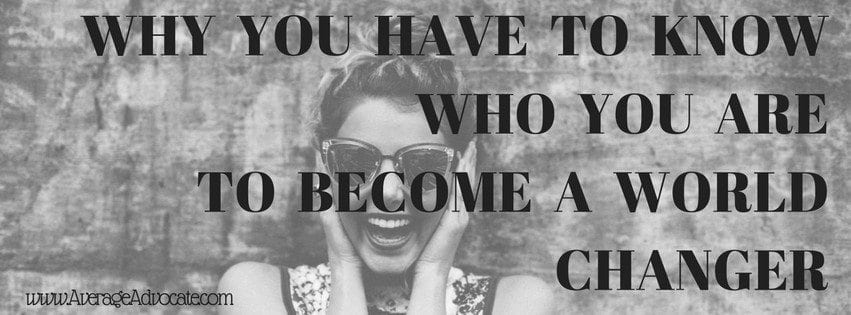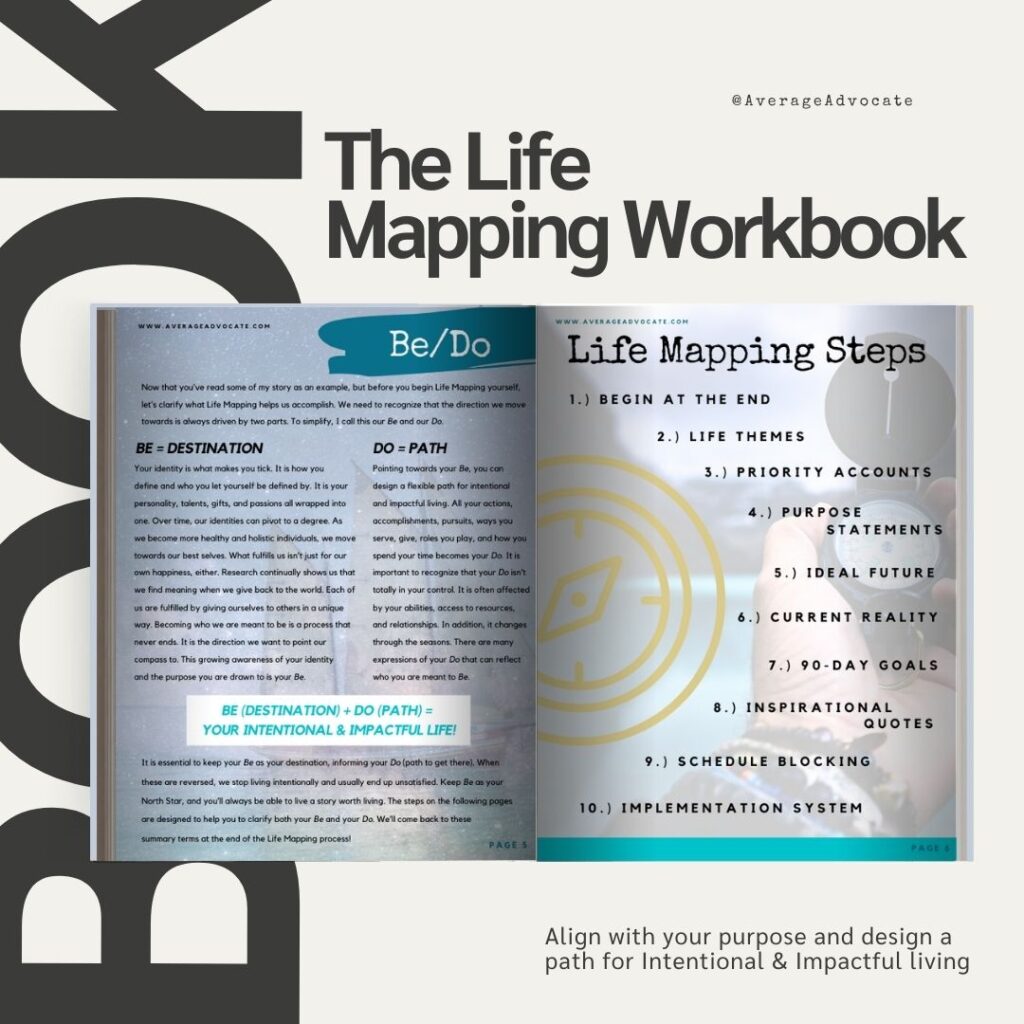Today I was listening to a women talk about Hoops of Hope, a great organization which exists to give average people a practical way they can earn money to help orphans in Africa. It is a noble thing, really. And her plea to help droned like most pleas do.
Everything she had to say was good stuff. She wasn’t even boring! But when we start hearing its our responsibility to do something tangible to help others . . . who are suffering . . . suffering . . . suffering oh so far, far, away. On the other side of the ocean. . . And just like that we are find ourselves humming “Row, Row, Row Your Boat,” not really letting the weight of responsibility settle on hearts. Maybe we feel guilt. We might even think “It should do this, it’s a good thing. Or maybe ____ should, they might like doing that.” But it isn’t real. Its not real to us at all.
Its interesting that if we found out our next door neighbor was literally starving, we’d be appalled. I have no doubt that we’d make an apple pie and bring it right-away over. Or more likely, get a bunch of food from the store for them, even ring up social services, and tell all your friends about how horrible the situation is. What is it about proximity which determines that our neighbor’s situation is dire and real enough to act on? If our homes popped up in the middle of one of the refugee camps around the world, would it be real to us then?
I am very slowly reading a book about why we don’t react to suffering on the other side of the world, even though we can typically easily alleviate it just by giving money. Its a rather boring book. Written by scholars and all. A whole study on, well, us average Americans. I do hope to glean from its knowledge someday. Maybe even translate it into everyday English for us normal people.
But, this is what I’ve figured out so far being the reasons which cause us to believe we have the responsibility to so something. One of them, as I just mentioned, is proximity. This can be because its personal to us. But it doesn’t hurt that when those nearby are in need it is not as difficult to aid them. Pretty much, we tend to act when it is easy to do. This doesn’t necessarily mean we feel a responsibility to help. But by acting we might adopt responsibility.
Whatever makes something personal and real to us is by far the most motivating factor. For example, if someone close to you contracted HIV, you would likely suddenly start caring about this disease, which notably has wrecked havoc on parts of the developing world. Why else would you care about HIV? You can read Kefilwe’s Story if you want to understand how AIDS affects people personally.
One of my best friends started L2F Needs Network, which weekly provides backpacks of food to local children who don’t have enough to eat. She did this because she felt compassion for the kids her children went to school with. It shocked her that we could live in such an affluent area, and there were still hungry kids here. It became personal. It touched her life so she acted do something small which has grown more influential yearly.
In essence, if we feel empathy or connected to an issue by some link, we are more likely to take on a responsibility. As an example, if you are a mom and you hear about a mom having to make a choice between which of her children’s lives to save by whom to carry to a relief distribution center, your heart might break (as has been the ghastly case in this current Horn of Africa famine). Or if a tornado came through your town as a child, you might be inclined to help natural disaster victims. What causes you to feel compassion?
Most notably, we seem to feel a responsibility towards our other countrymen. I often hear this reason from Americans of why they aren’t interested in helping overseas. It is almost like we want to believe the developing world doesn’t exist. Many Americans believe that they are only responsible for those within our country’s borders. I love it that we might love America, and want to look out for our own. I want to understand the DNA of this view. It is obviously nationalistic. Yet, are our fellow Americans really more important than other people in the world? Are we really so much better that we deserve to be aided, while someone else is not?
Really, this is a HUGE question which we answer all differently, each with possibly valid reasons why we support or don’t support this view. Soon, I will write a post on only this question. In the meantime, please ask it of yourself. Are you willing to help others beyond your fellow Americans and when/why?
These motivations have moved slowly from being feeling/empathetically based, to being more about our worldview. Yet ultimately, our motivation comes from our belief system. The major world religions- Buddhism, Christianity, Hinduism and Islam all have all least some directive about our responsibility to those in need. Many other religions do too. Some belief systems, like humanism, or tribal beliefs might not have set rules, but are still guided by culture.
Considering, we might follow some rule, directive, or norms in regards to helping others, despite our feelings. Personally, I follow Jesus. I believe that Christianity has a lot to say about our responsibility to the world’s suffering and hurting. So, although I am really not too interested in getting out of my comfortable bubble all the time, I tend to believe I should act anyway. I want to love others, as Jesus directed me too. This motivates even when I run entirely out of empathy.
As we all have some worldview which steers us, some level of compassion, and some personal proximity to suffering beyond us. All these add together to create our sense of responsibility to those hurting, and our opinion on how we should react to those suffering in other nations as well. My guess is that we are probably not static. Our eyes are continually being opened to different ways we can be an advocate for others, as we are challenged to step in on their behalf.
Hopefully this post as encouraged you to recognize how you are motivated and what you, yourself believe about your level of responsibility to help others around the world and. I challenge you to be honest with yourself about where you are making excuses for not taking up a responsibility to help others where you deep-down know you should.
Yet, even with the level of responsibility we carry, we can’t tote the weight of the world on our shoulders, and we can’t hold it alone. And niether should we. We need each other and we need God’s help as we act on behalf of others as their advocates.











I am inspired! 🙂 Great article! Thanks for writing it! You are doing good things Elisa! Keep it up~
Jill 🙂
awesome. love this. i am a NOVA mom with the same passions. let’s host one of these together.
Very cool! I checked out your blog and we are on the same wave-length. If you would like to write a post on an issue, an organization you like, an idea you have tried acting as an advocate, or a short story/essay about why its important….etc…. Please send me an email at elisa@averageadvocate.com Thanks!
I like looking through a post that can make men and women think.
Also, thank you for allowing me to comment!